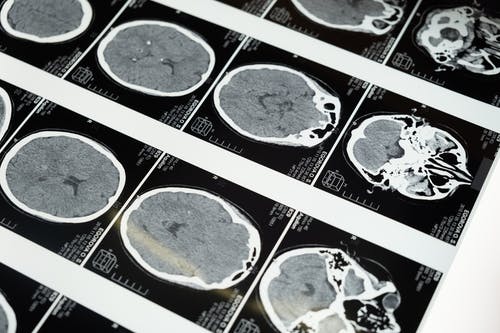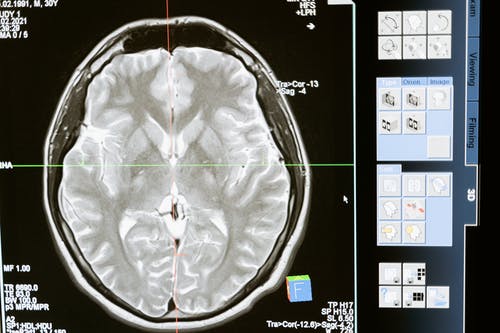Commonly used drugs can reduce and reverse symptoms of AD.
A team of researchers has found a way to reverse the symptoms of Alzheimer’s disease (AD) in mice using common OTC drugs used to reduce inflammation and high blood pressure. Led by Dr. Patrick Aloy of IRB Barcelona, the team identified three stages of Alzheimer’s disease they called “initial, intermediate, and advanced.”
During each stage, the team studied the behavior of the mice to monitor the effects of the disease on the brain (specifically the hippocampus) and conducted “a molecular analysis to measure gene expression and protein levels,” according to their paper, published in Genome Medicine. This allowed them to determine how an unhealthy brain looks compared to a healthy one. They reported, “Our comparison between AD progression and healthy aging revealed certain commonalities, such as the upregulation of microglial and inflammation markers.”
“What we have observed is that, although Alzheimer’s disease shares some features of accelerated aging, it is also affected by totally different aging processes,” Dr. Aloy explained. “This disease is caused by the abnormal accumulation of certain proteins, and we have seen that, in some cases, this is not caused by overproduction but by an error in their removal.”

The researchers used what they call the ‘Chemical Checker,’ a computational tool, to find OTC drugs already on the market with the ability to reverse the effects of the disease by targeting cells. This allowed them to shortlist a few. Four drugs proved to be most effective at reversing the disease and neutralizing symptoms. These included non-steroidal anti-inflammatory drugs (NSAIDS), used to relieve pain, reduce inflammation, and body temperature. They’re used for headaches, menstrual cramps, colds and flu symptoms, among other ailments.
After a four-week treatment, four of the six drugs – two NSAIDs (dexketoprofen and etodolac) and two anti-hypertensives (penbutolol and bendroflumethiazide) – reduced ognitive impairment in mice. All four “partially regressed the expression levels of those genes upregulated” in Alzheimer’s disease, but “only penbutolol was able to significantly restore the global expression levels of genes repressed in AD,” they wrote.
“Epidemiological studies already indicated that people who regularly take anti-inflammatories show a lower incidence of Alzheimer’s disease, but this had not been correlated with a specific medication or mechanism. The results that we are publishing are most promising, and we hope that further research can be done on them because they could give rise to a paradigm shift in the treatment of this disease,” the authors concluded.
Creating a categorization of three stages of the disease helps with early diagnosis, when damage to the brain has just begun. This allows for the earliest treatment of the disease before it progresses.
“The characterization of three AD mouse models at different disease stages has provided an unprecedented view of AD pathology and how this differs from physiological ageing,” the authors explain. “Moreover, our computational strategy to chemically revert AD signatures has shown that, despite the inconclusive and contradictory results reported, NSAID and anti-hypertensive drugs may still have an opportunity as anti-AD agents.”


Join the conversation!